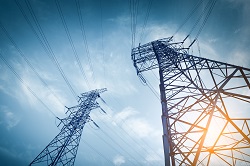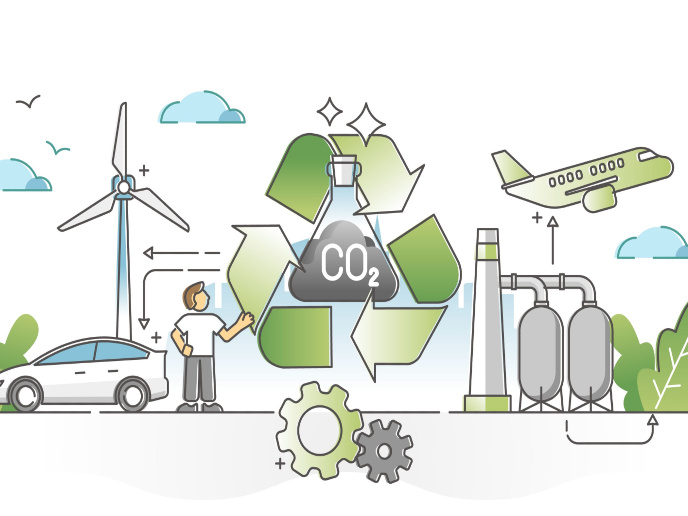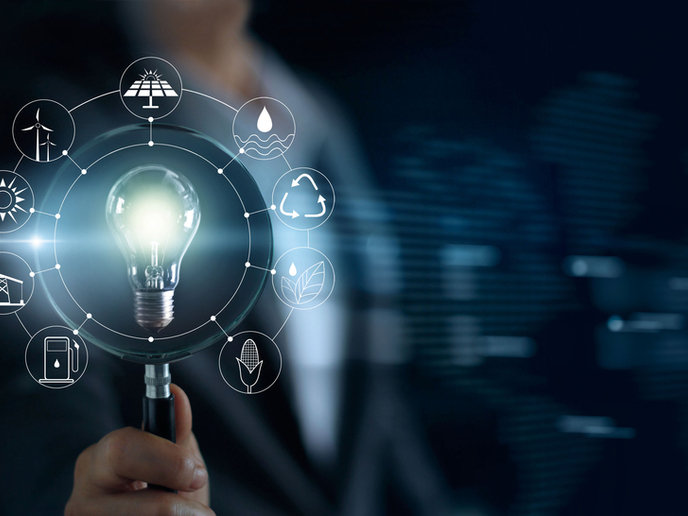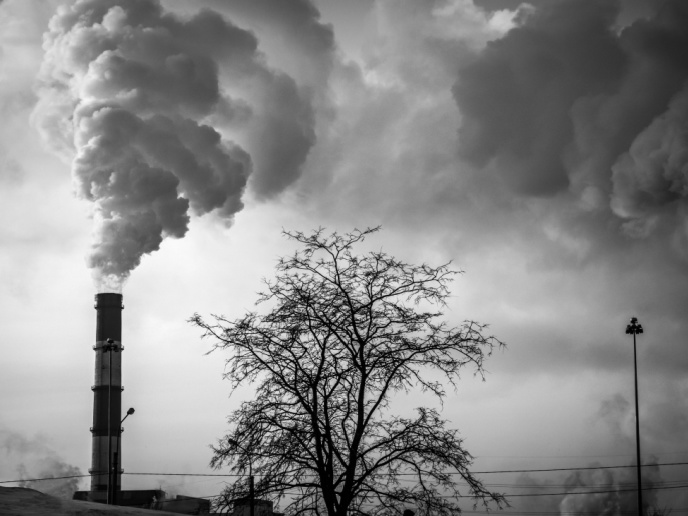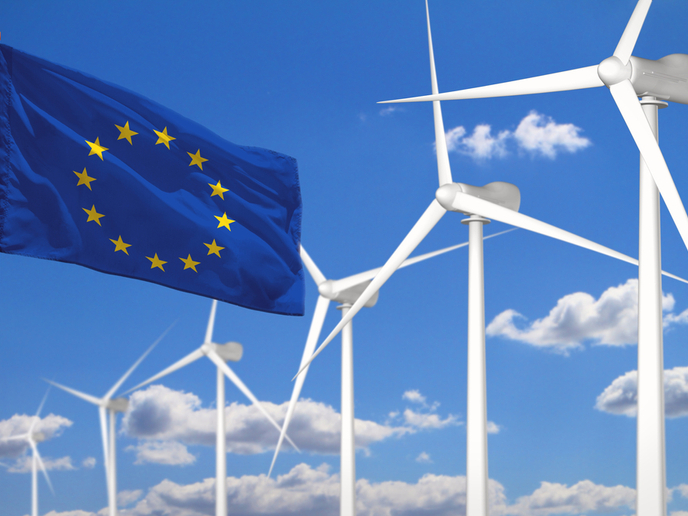New grids on the block: Sparking the energy evolution
Within the electricity supply system, Distribution System Operators (DSOs) are broadly speaking responsible for delivering high-quality services to grid users by developing, operating, and maintaining the network efficiently, while ensuring safety for people and assets. With the integration of Renewable Energy Sources, (intermittent and non-predictable by nature), the fast development of decentralised production, along with the changing uses of electricity (e.g. for electric vehicles), the system has become increasingly complex. Yet, despite these growing challenges DSOs have been slow to evolve. EVOLVDSO - an EU funded project - set out to create a more active distribution management approach, which maximised investment. It did so by developing a menu of improved approaches on offer to DSOs which addressed the needs for priorities such as: The improvement of network planning and operation processes, flexibilities at different timeframes to solve specific network constraints and regulated services based on data management. The project defined the roles of DSOs based on future European electricity systems scenarios, as well as plugging research and technological knowledge gaps. Developing a future-proofed system Key to the success of the EVOLVDSO project was the creation of realistic future scenarios. The team analysed the electricity generation mix, the evolution of demand and the degrees of technological flexibility. As the project coordinator, Marco Baron recalls, ‘Each scenario was developed according to a set of parameters, which vary with time. Since the development of quantities over time is uncertain, the definition of a scenario funnel helped describe the uncertainties. For example, with renewable energy we accommodated ‘under expected’, ‘most likely’ and ‘over expected’ scenarios. Three time horizons were defined: Short term (1 to 4 years), mid-term (8 to 10 years), long term (20 years).’ These scenarios enabled the project to develop 10 innovative tools, focused on planning, operations, maintenance and coordination needs. For example, the Interval Constrained Power Flow (ICPF) tool estimates realistic values of active and reactive power, for the power flow exchanged at the boundary nodes between the transmission and distribution networks (primary substations). As the project’s dissemination leader, Mr. Jaime Rodrigues summarises, ‘The ICPF was successful in that it was able to forecast the ideal operating point for a predefined time horizon while optimising costs.’ The project was able to map each tool’s capability to fulfil the services linked with the new and evolving DSO roles. It also outlined the replicability and scalability potential of each of the tools, as well as perform a high-level cost-benefit analysis. For the tools tested in real environments, the team charted both the enabling and limitation factors pertaining to each of the countries involved (Belgium, France, Germany, Ireland, Italy and Portugal), as well as providing a forecast for their anticipated adoption timelines. Offering smart and sustainable choice By catering for flexible capacity and distributed generation, the results of EVOLVDSO will drive the implementation of the European Electricity Grid Initiative (EEGI). Additionally, through the integration of renewables - helping Europe meet its environmental targets - alongside consumer empowerment initiatives; the project significantly contributes to wider public policies such as those striving for sustainable economies and smart cities. For each tool, a Technology Readiness Level (TRL) was created as an index to help potential adopters establish the maturity and usability of the tools. Also, with the exception of the software code and the dataset collected in the field tests, all the tool development results and the adoption recommendations are publicly available. It is hoped that these results can be used as input for future research activities.
Keywords
EVOLVDSO, sustainability, smart cities, electricity supply, Distribution System Operators, DSO, Renewable Energy Sources, RES, decentralised energy production, energy, environment, emissions reductions



